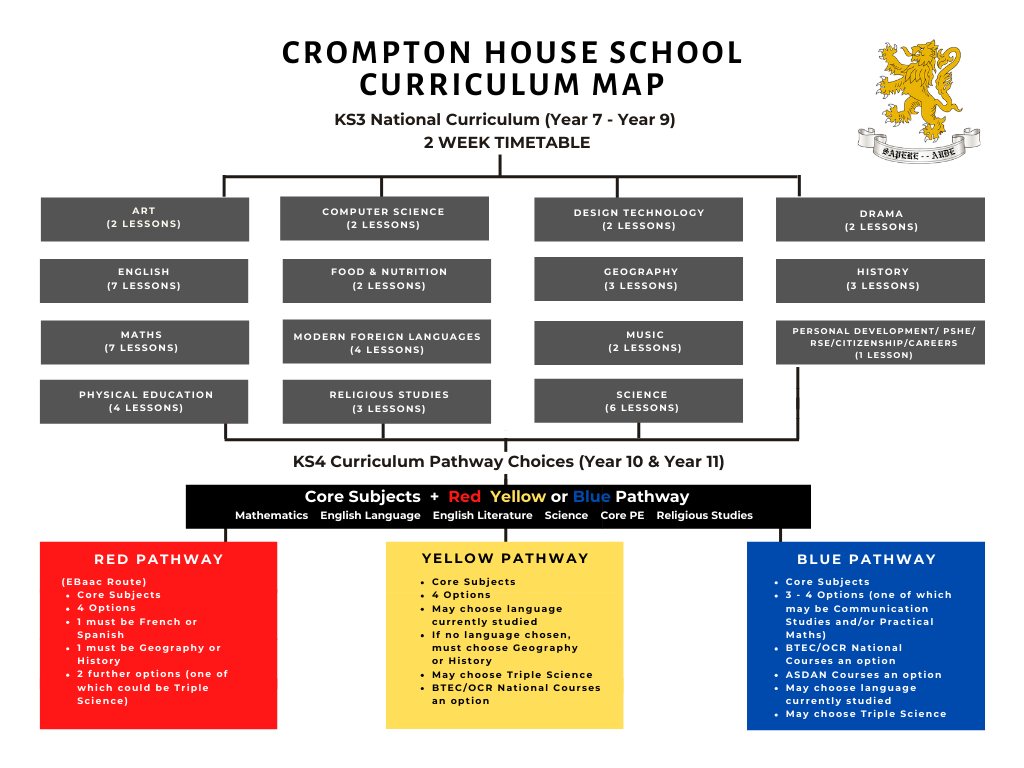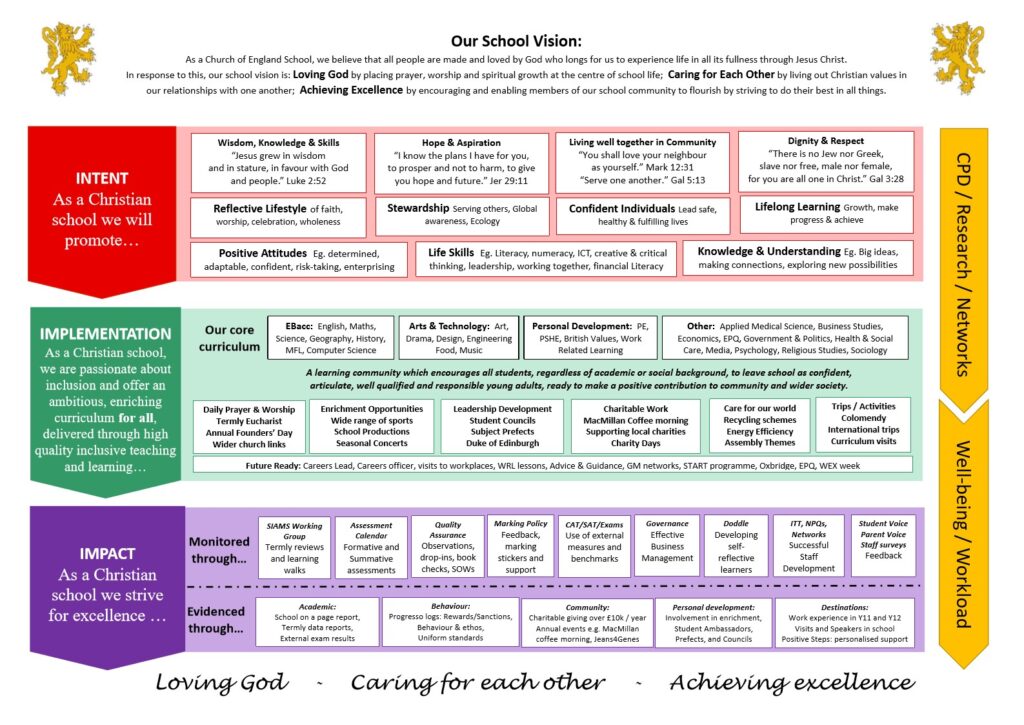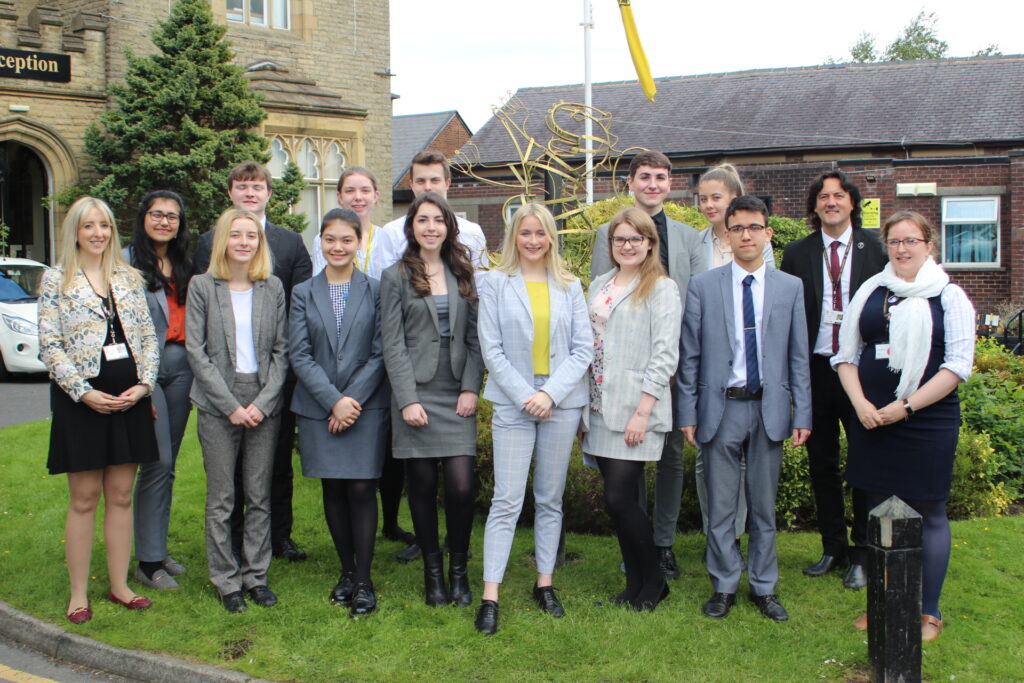Extended Project Qualification at Crompton House Sixth Form 2019
This year we have 18 students who completed the Extended Project Qualification (EPQ). They completed a range of projects from academic research based to practical projects and events. Mathew Stefek built two Solar Collectors, one water based and one air based. He designed the collectors himself and worked with numerous mechanical tools, including learning how to coil copper wire to undertake the project. He tested both and determined which the more effective Solar Collector was.
In Joe Ellidge’s research based project ‘Can we use architecture to affect our psychological attitude and behaviour in educational and working environments?’, he explored several influencing factors in architectural psychology. Some of the factors included in his work include light, colour, shape and biophilia. He explored practical ideas that can be applied to an everyday workplace and to the next building here at Crompton House.
The depth and breath of the projects this year spans the entire range of subjects studied by our Sixth Form students. Whether science, art or humanities our students have chosen projects that both fascinated and stretched them. We are incredibly proud of all of the students this year and look forward to seeing what the future brings for them.
A selection of some of the EPQ titles are below. To learn more about the EPQ and read about these projects come along to our Open Day on November 7th to get a copy of the EPQ Summaries Booklet.
Philippa Bateman, ‘How did the Jack the Ripper murders affect social attitudes and legislation surrounding working-class prostitution between 1888 and 1900?’
Isobel Catanach, ‘How does the Stauroteuthis syrtensis use bioluminescence and does this ability affect its behaviour?’
Victoria Dennis, ‘Do horoscopes have any scientific background or basis?’
Abigail Harris, ‘Is the use of self-reported ethnicity and race by the NHS justified to link disease prevalence to determine a diagnosis?’
Emily Howarth, ‘How does gender and early life experiences affect people’s participation in sport, and what are the implications this may have on society?’
Lucie Jones, ’Can artificial intelligence benefit UK society?’
Joshua McCracken, ‘Should the differentiation and sexually dimorphic trajectories of adolescent male and female brain maturation affect our teaching methods?’
Hannah Powis, ‘Are medical or non-medical interventions better for treating multiple sclerosis?’
Faye Roberts, ‘Is deforestation the main cause of sloth population decrease and can anything be done to halt it?’
Thomas Tsang, ‘Is gaming sexist?’
Elizabeth Walsh, ‘Within her essay ‘A Room of One’s Own’ how does Virginia Woolf explore the disadvantages faced by women in literature throughout History, using the allegory of Judith Shakespeare?





